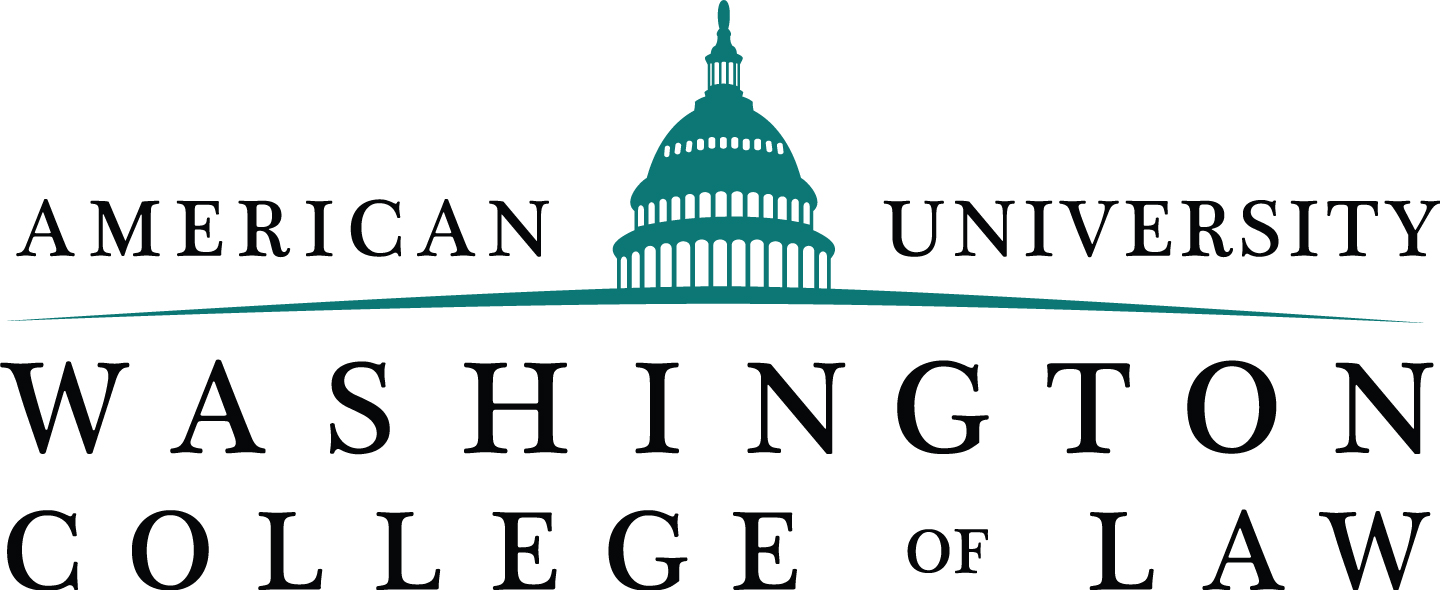1. Legal Knowledge and Understanding
While some MLS programs offer concentrations, all will provide some level of legal education. Depending on your specialization or track, your MLS program may include business law, entertainment, health care compliance or cybersecurity.
Here are some courses you might take to gain or expand your legal knowledge:
- American Legal System
- Civil Procedure
- Constitutional Law
- Courts and Law
- Legal Methods and Process
- Philosophy of Law
- Regulation and Compliance
- Torts




